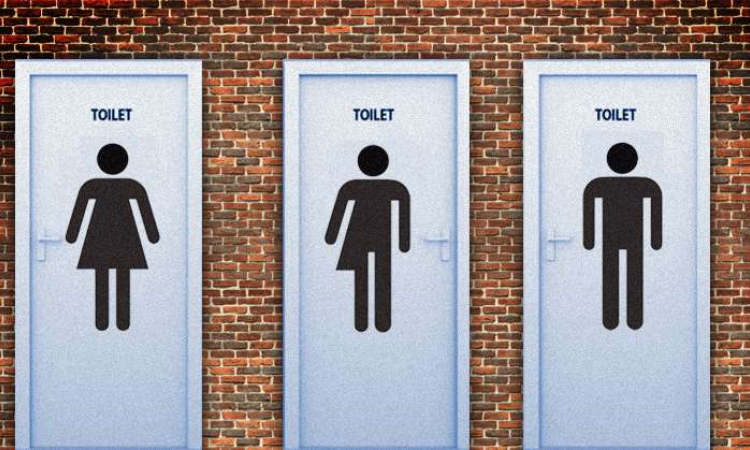
Centre issues guidelines allowing transgender people to use public toilets of their choice
Taking a proactive step, the Union Ministry of Drinking Water and Sanitation has issued guidelines to the Swachh Bharat Mission (Gramin) to allow transgender people to use the toilets of their choice in public places. Though the members of the third gender have been recognised as ‘Swachhata Champions’ in many places, their public treatment remains unequal across regions. Following this, the Madras high court has issued guidelines to the government of Tamil Nadu to construct exclusive toilets and bathrooms for people of the third gender in places where they reside in large numbers. Mysuru is the only city in the country to have a 'third-gender’ public toilet.
Mysuru corporation orders resurvey of houses lacking toilet facilities in the city
In a bid to make the city free from open defecation by this year end, the Mysuru city corporation has ordered a survey of houses without toilet facilities. The corporation has roped in a city-based NGO to conduct the survey across all 65 wards. Nearly 300 residents across the city have informed officials that they lack household latrines and have sought help in this regard. While lack of money was stated as a reason in a few places, space constraint also figured among the top reasons for not having toilets. Financial aid will be provided to families based on the survey. Back in 2011, the city corporation has conducted a survey and found that 425 houses lacked latrines in the city.
Bizarre means to ensure Swachh Bharat's success
As the union government has set strict toilet construction targets to make India open defecation free (ODF) by 2019, state administrations have taken a variety of approaches to ensure all places within their jurisdictions are declared ODF before the deadline. While some resort to photographing and publicly shaming people defecating in the open, others prevent ration shops from providing supplies for households without toilets. Activists allege that some of these measures seriously violate citizens’ human rights in addition to impeding the long-term sustainability of the overarching total sanitation agenda.
CPCB proposes guidelines to tackle odour problem in waste disposal site
Looking to overcome the serious issue of bad odour emanating from solid waste disposal sites, the Central Pollution Control Board (CPCB) has proposed guidelines to abate and manage the stench from urban landfills. It is for the first time that the CPCB has approached a complex matter such as this in a scientific manner. The draft guideline suggests developing tree-lined ‘green’ barriers around landfills to reduce odour and pollution. People staying in the vicinity of landfills are the biggest victims of the odour problem. While India generates close to 62 million tonnes of solid waste every year, only 43 million tonnes is collected while a mere 12 million tonnes of solid waste goes through the treatment process.
Rural Madurai now free from open defecation
The collector of Madurai has officially declared all rural areas of the district to be open defecation free. One of the biggest successes has been the administration's Kanmai to Kazhiparai or 'K2K campaign' which focussed on the change of behaviour--from defecating in the open near waterbodies (kanmai) to using toilets (kazhiparai) indoors. While 97 percent of the households has individual latrines, the remaining three percent uses community sanitary complexes within the villages. All 420 village panchayats in the district have declared themselves to be open defecation free in addition to pledging to remain the same in the future as well.
This is a roundup of important sanitation related news published between April 1 and 7, 2016.